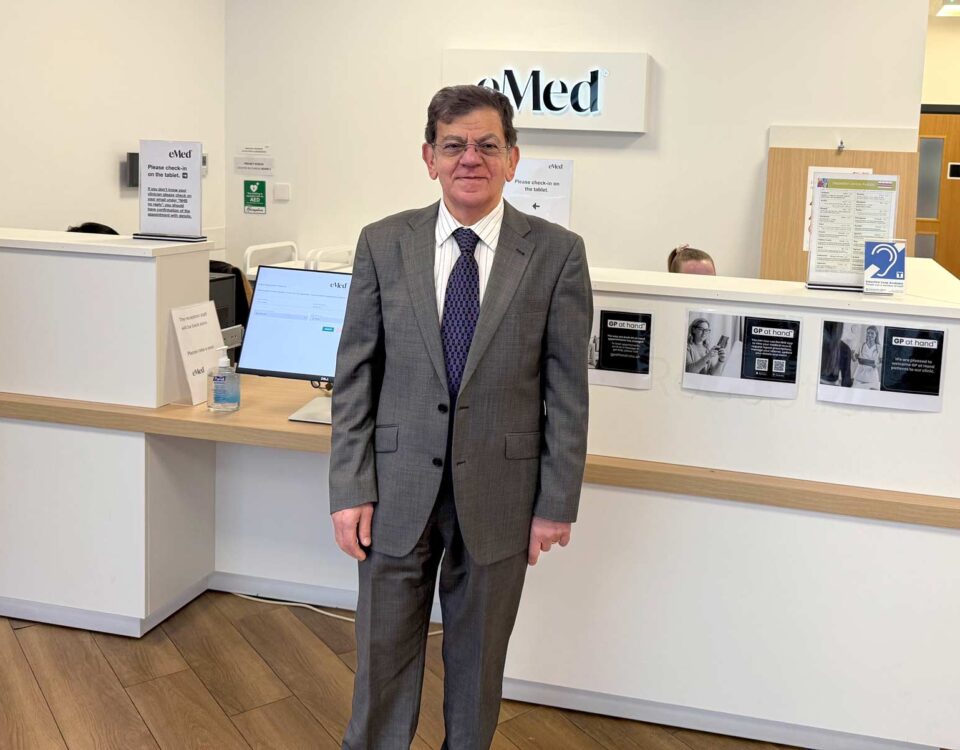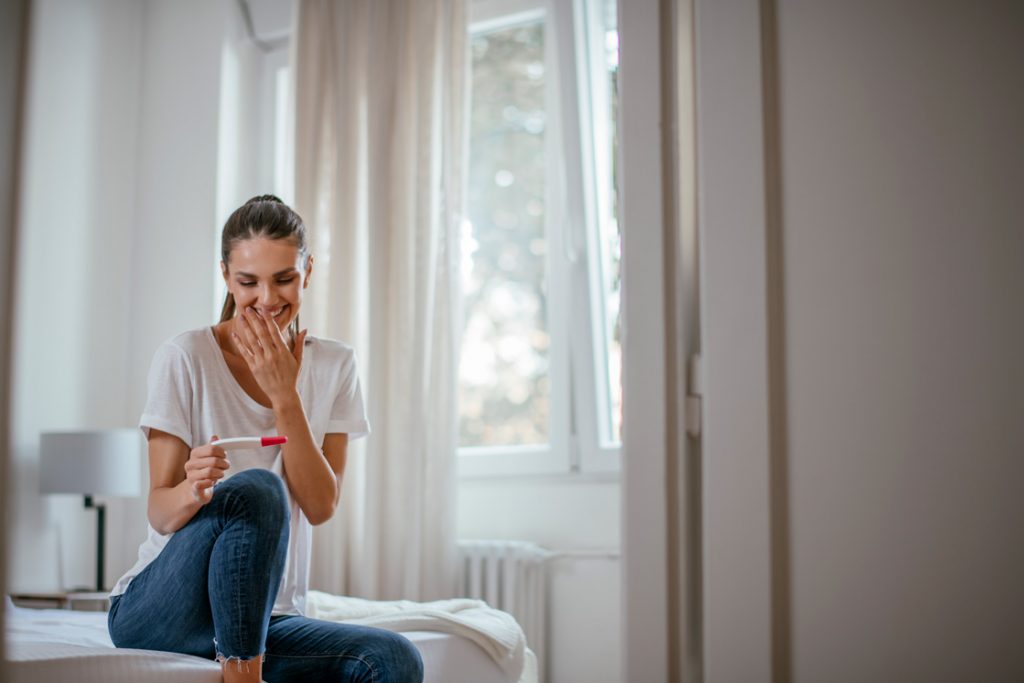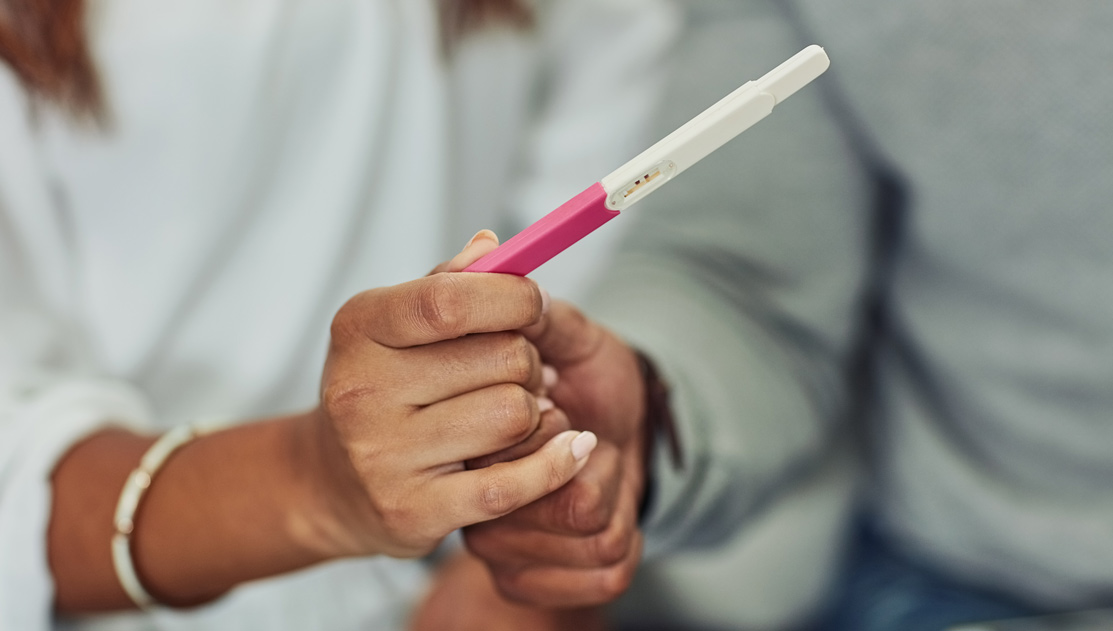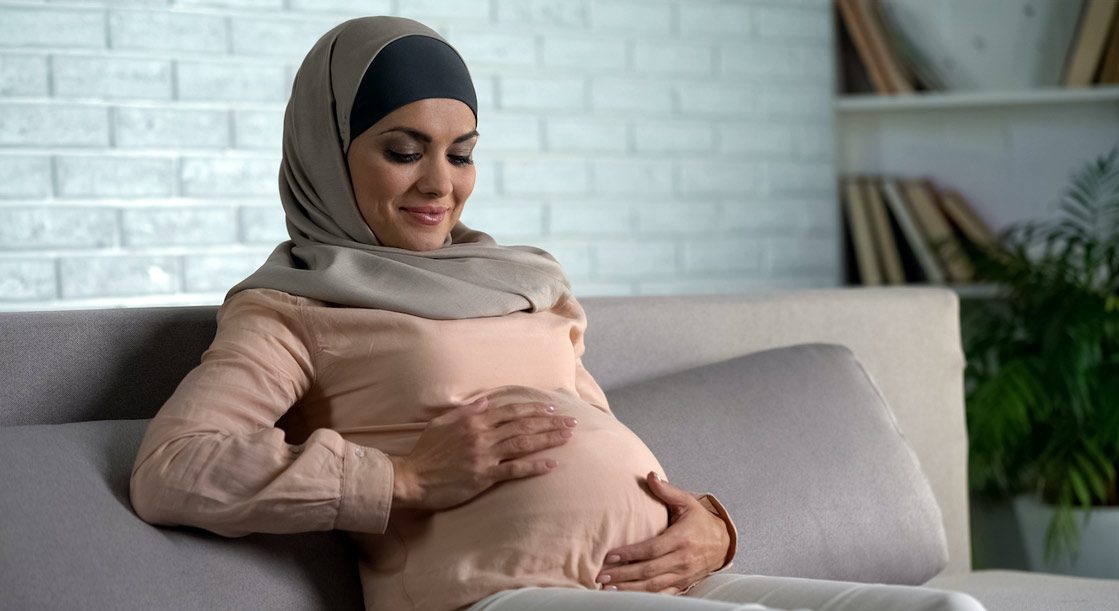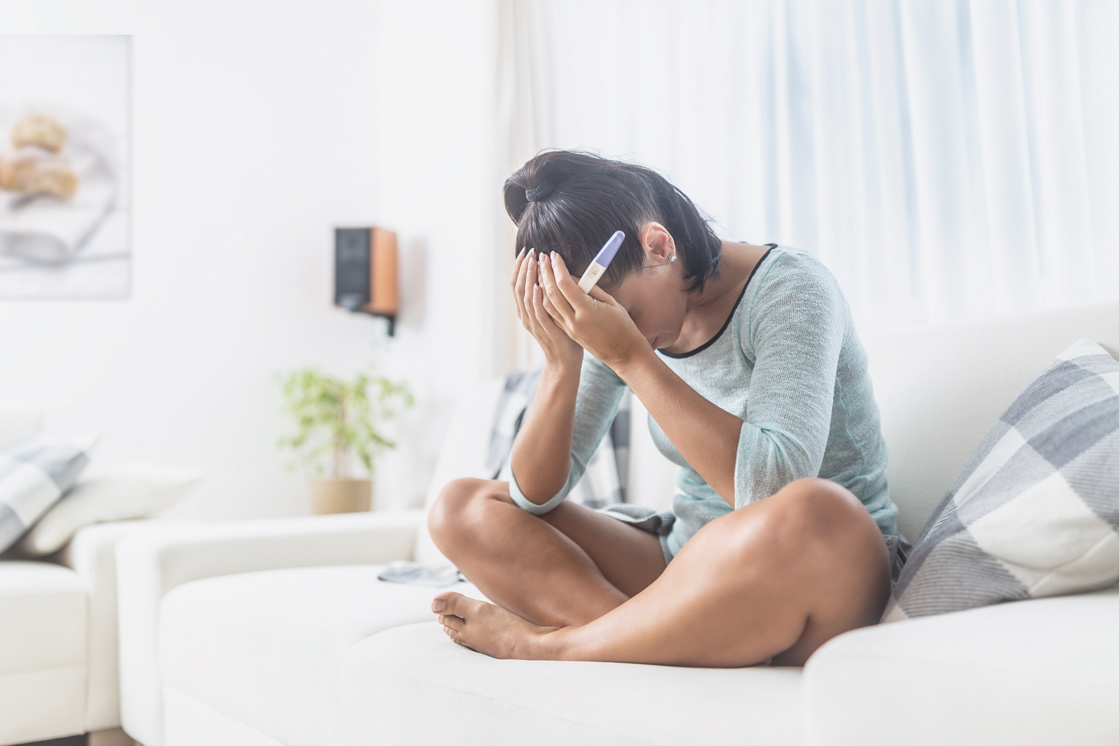In your thirties and want to have children? Whether you’re currently trying for a baby or thinking ahead to the future, it’s important to do what you can to look after your fertility – particularly in your thirties, when female fertility naturally declines.
Dr Amin Gorgy, Fertility Consultant, comments: “Here at the Fertility and Gynaecology Academy, we work with many women in their thirties and forties, employing our extensive expertise and state of the art technology to help them achieve their dream of a family. But in addition to fertility treatment, there are steps women can take to try to help boost their chances.”
Let’s take a look at six ways to help boost fertility in your 30s:
1. Eat fewer carbs
Every woman’s body is unique, and (frustratingly) there can be no guarantees when it comes to nutrition. However, there is increasing research interest in the effect a low-carb diet may have on fertility. In fact a 2021 review study, while concluding that more research was still needed, found that ‘reducing carbohydrate load can reduce circulating insulin levels, improve hormonal imbalance and resume ovulation to improve pregnancy rates compared to usual diet.’ particularly in overweight women and those with Polycystic Ovary Syndrome (PCOS).
Many women are trialling a low carb diet – getting 45% or less of their daily energy intake from carbs – and eating plenty of healthy fats and vegetables. What could this mean in practical terms? Switching your morning toast for berries and nuts. Swapping that lunchtime sandwich for raw veg smoothie and seeds, or healthy fish, and saving those potatoes or rice balls for the evening.
2. Offload some of your stress
The precise links between stress and fertility problems are still being studied and hypothesised. What’s more, telling a woman to ‘relax or else’ may induce more stress! What we do know is that trying to trim the unnecessary stress out of your life can only help your mind and body at a momentous time, so it’s always worth doing if you can.
This might mean delegating more tasks at work or home. Or it might be as simple as separating your company and personal phones and turning the latter off after work. It may mean getting a spa membership, starting a meditation class, getting acupuncture or massage sessions. There are always ways to lessen stress, it’s just about finding the ones that work for you.
3. Consider your BMI
A woman’s menstrual cycle is governed by a delicate hormonal balance. Unfortunately, being overweight can affect fertility. For example, overweight women have more of the leptin hormone, made in fatty tissue; too much leptin can interfere with hormonal balance, lowering fertility. Excess fat is also associated with lower levels of sex hormone-binding globulin (SHBG) which helps to govern the sex hormone oestrogen.
On the other hand, being underweight can interfere with hormonal balance and negatively affect fertility. For example, a recent study found that being underweight was associated with negative outcomes for women undergoing fertility treatment.
A healthy BMI (body mass index) is the best goal to aim for.
4. Seek out those vitamin and mineral supplements
From folic acid and vitamin D to zinc and selenium, studies have suggested possible fertility benefits to smart vitamin supplementation for women who need it. Well balanced Mediterranean-style diet will provide the required supplements for most people. If you really want to go about it in a targeted way, you can have a blood test to determine any deficiencies.
5. Mind those plastics
Certain chemicals found in many plastics (such as BPA) are said to be harmful to fertility. BPA is often used in objects like plastic bottles, and in cling film. While we cannot completely avoid these chemicals and it’s pointless to upset ourselves trying, there are simple steps we can take to reduce our exposure to them, as we detail here.
6. Speak to your doctor or a fertility consultant
Frustratingly for women, fertility does decline in a woman’s thirties. If you want to plan for the future or you’re concerned that time is ticking, the best way to know where you are is to book a fertility check. Here at the Fertility and Gynaecology Academy, we can give you targeted advice, tell you what your fertility is like and help you early on if there are any potential problems.
To book a consultation with one of our expert team, call 020 7224 1880 or email info@fertility-academy.co.uk.

